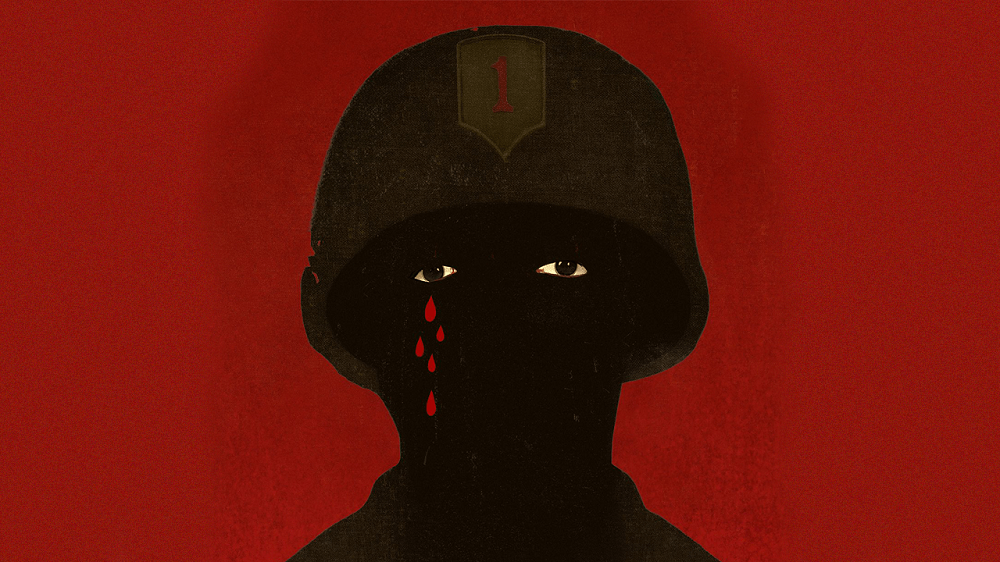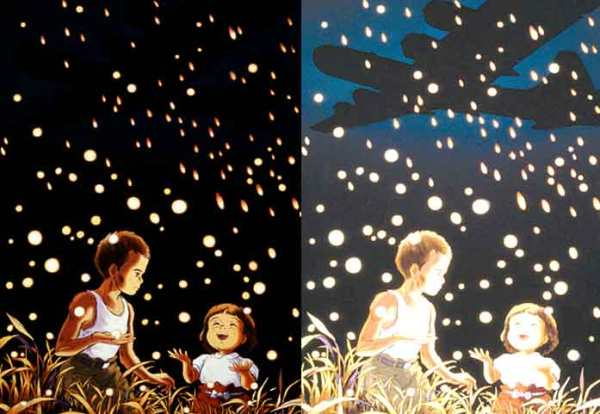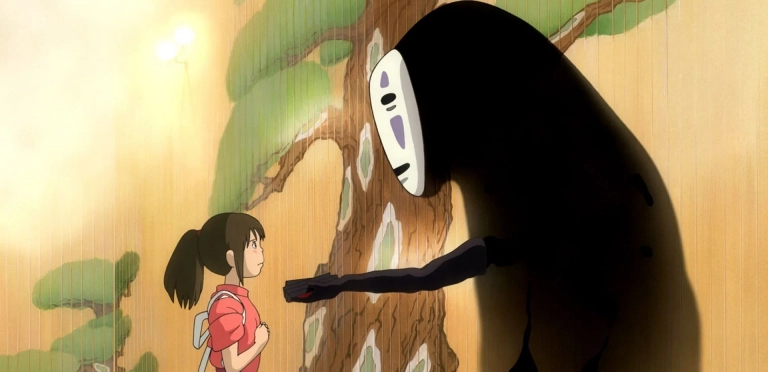Right in the midst of the “Black Lives Matter” storm, Netflix dropped Da 5 Bloods (translated as “Five Comrades”), a film centered on Black soldiers in the Vietnam War. Directed by Spike Lee, I had high hopes for a top-tier arthouse piece—a serious anti-war narrative blending racial issues with the Vietnam War. These are two themes Hollywood’s arthouse scene has tackled often and successfully, with films like Apocalypse Now, Full Metal Jacket, 12 Years a Slave, and BlacKKKlansman coming to mind. But a movie merging both? That’s something I hadn’t seen before.
A Star-Studded Vietnam Connection
Da 5 Bloods deserved more buzz from Vietnamese media than even Kong: Skull Island got at its premiere. It’s rare for an Oscar-winning director to shoot an arthouse film in Vietnam, featuring two of the country’s biggest names—Johnny Trí Nguyễn and Ngô Thanh Vân—albeit in supporting and cameo roles.
The film kicks off with Spike Lee delivering emotionally charged footage of Black soldiers in the Vietnam War. The main story then follows four Black American veterans and one of their sons as they return to Vietnam to recover the remains of a fallen comrade and unearth a stash of treasure they buried long ago.
With such a weighty premise ripe for exploration, this could’ve been a cinematic masterpiece of our time. But after watching, I was left with a story that felt underwhelming. The connection between Black identity and the Vietnam War barely shines through the plot, save for some character dialogue, flashbacks, and spliced-in archival footage. That’s likely why I felt let down—not just by the overly simple storyline but by the glaring plot holes (more on that later).
Still, Da 5 Bloods has its strengths, and the biggest is its visuals. Vietnam’s landscapes, transformed by Hollywood magic, look… well, very Hollywood. Every frame is meticulously staged and coated in a cinematic sheen—you might not even recognize the Vietnam we know at first glance. The lighting is polished and professional, and the action scenes—complete with bombs and gunfire—flow seamlessly. This is something Vietnamese filmmakers could take notes on from this collaboration.

A Step Down for Spike Lee
Overall, I’d call Da 5 Bloods a lesser effort from Spike Lee compared to, say, BlacKKKlansman. It carries some value (though forced at times), but it doesn’t stack up to Hollywood’s other Vietnam War classics like Apocalypse Now, Full Metal Jacket, The Quiet American, or Forrest Gump. Honestly, I found Vietnamese films like The Scent of Burning Grass, The Wild Field, The Third Wife, Song Lang, and even the upcoming Ròm more compelling than this.
The next section dives into detailed thoughts with spoilers. Consider yourself warned if you haven’t seen it yet!
Detailed Breakdown (Spoilers Ahead)
As mentioned, the film opens with powerful images of Black soldiers in the Vietnam War—Malcolm X and Martin Luther King Jr., icons of the 1960s and ‘70s Black movement, decrying the war as unjust, with the government sending Black men to die as pawns. Then there’s the inhumane side of the conflict: General Loan executing Nguyễn Văn Lém, the napalm bombing of children in Trảng Bàng, monk Thích Quảng Đức’s self-immolation protesting the Ngô Đình Diệm regime. These documentary clips set a fierce, anti-war tone that had me genuinely excited for what was to come.
Following the four veterans and the son, we get a glimpse into racial struggles in America, especially for African Americans in the Vietnam War. They were thrust into the fray as expendable pieces, some dying in battle, others returning with PTSD, and many facing a civilian life plagued by racism. Most of this messaging comes through character narration and flashback scenes.
But the main journey—the actual plot—feels almost detached from these themes. Old comrades turning on each other over gold, one veteran’s PTSD driving him to paranoia and betrayal, a French tycoon hiring Vietnamese bandits to attack them—none of it ties meaningfully to race or the Vietnam War. It’s no wonder some viewers might feel the meaning was shoehorned in. This disconnect is the film’s biggest flaw for me.
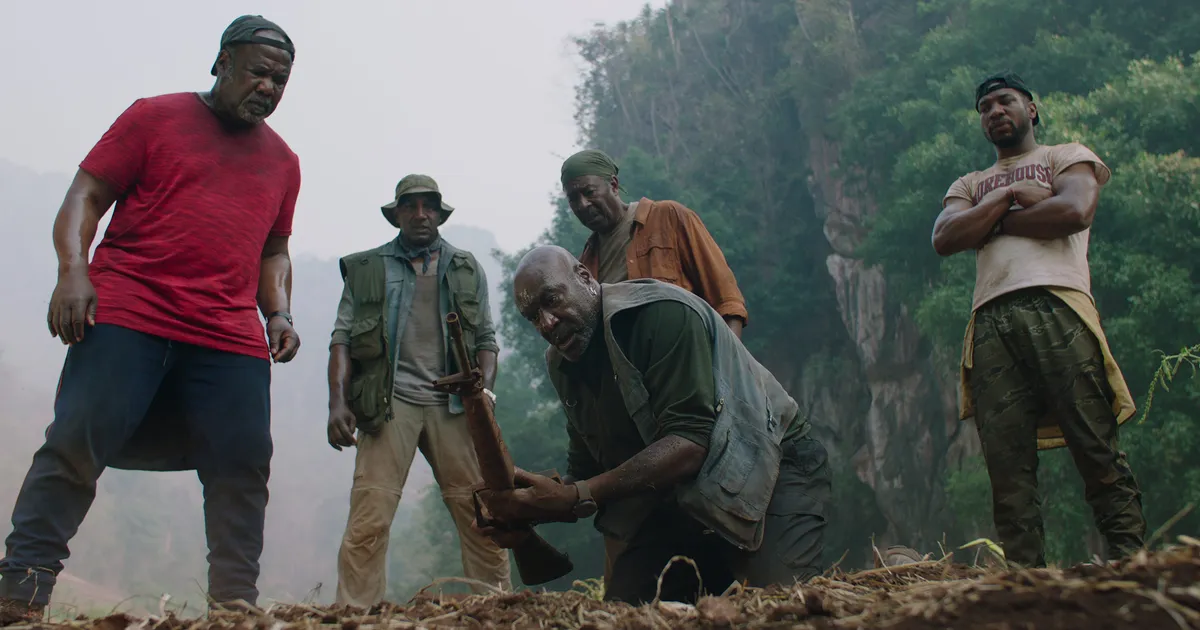
Plot Holes Galore
Another major letdown is the plot holes littering Da 5 Bloods. A few examples:
- They dig shallowly and—bam—gold and bones, just like that.
- Mines are everywhere, blatantly scattered. Sure, Vietnam has buried mines, but not so obvious or omnipresent.
- When Eddie blows up and dies, the surviving group barely reacts—no real grief or emotional shift.
- The Vietnamese bandits wield AK-47s, weapons tied to North Vietnamese and Viet Cong forces during the war. Today, AK-47s are mostly military-issue, not standard anymore. Vietnam’s gun control is tight; military weapons rarely leak out. Local robbers typically use handguns, shotguns, or homemade firearms—maybe smuggled machine guns from Thailand, Laos, Cambodia, or China, but not AK-47s. This screams a foreign director’s limited grasp of Vietnam.
- These bandits—supposedly low-educated thugs—speak fluent English, out-talking some Vietnamese graduates with advanced degrees.
Behind these hiccups is a climax packed with shootouts that feel like a second-rate action flick—think The Legend of Tarzan or The Expendables. A generic villain straight out of Hollywood’s playbook, an easy resolution—it’s hard to peg Da 5 Bloods as arthouse with this. As action, it outdoes most Vietnamese films but pales next to Hollywood’s best.
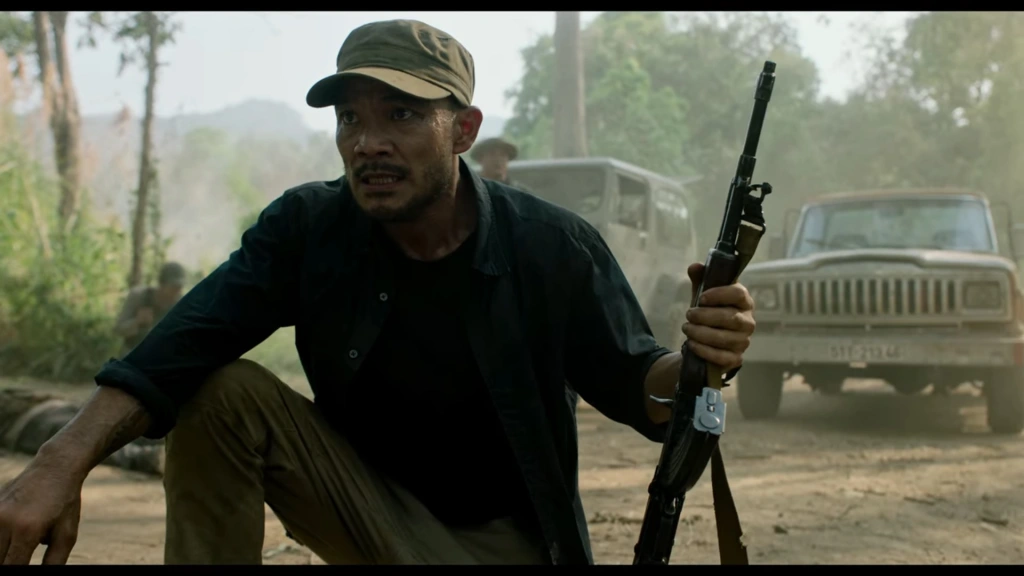
A Misstep with Vietnamese Portrayal
One thing I didn’t like was the Vietnamese bandit crew. They rob the group, then drag up the Mỹ Lai massacre as a pretext before killing Paul. If the writers dug deeper into Vietnamese culture and psyche, they’d know revenge isn’t in our nature. Even war veterans who despise American soldiers see the conflict as past, not personal vendettas. The film’s final stretch, capped with a line about war lingering forever, feels unhumanitarian, anti-peace, and unrealistic. It doesn’t heal war wounds—it misrepresents Vietnamese people entirely.
Pinpointing white people as the ultimate evil throughout (with a white villain at the end) turns the film one-note, veering from humane and meaningful into overreach.
A Topical Tie-In
The ending’s nod to Black Lives Matter feels tacked on for relevance. Netflix likely timed the release to ride the movement’s wave, but it risks turning the film into propaganda.
That said, as I noted earlier, Da 5 Bloods shines technically. A top director and pro crew working in Vietnam deliver stunning shots—vibrant colors and striking angles. One small touch I loved: the uncensored “địt mẹ mày” line—raw, unfiltered, and the most Vietnamese moment in the film.
Final Verdict
I see Da 5 Bloods as an action-adventure flick with racial and Vietnam War themes woven in—but not skillfully. Compared to race-focused films like 12 Years a Slave, Green Book, Django Unchained, BlacKKKlansman, If Beale Street Could Talk, or Mudbound, it falls short. Against Vietnam War movies like Apocalypse Now, Full Metal Jacket, Forrest Gump, or The Quiet American, it doesn’t measure up. Even among foreign films shot in Vietnam, Indochina outranks it.
On a 10-point scale, I’d give Da 5 Bloods a 6.3/10—factoring in its technical merits and attempted messaging.

